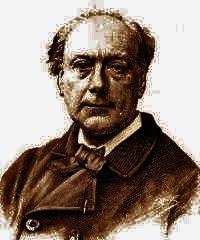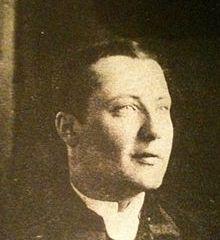William Shakespeare Quotes - Page 55

Affection faints not like a pale-faced coward, But then woos best when most his choice is froward.
Open thy gate of mercy, gracious God, My soul flies through these wounds to seek out thee.
The Foole doth thinke he is wise, but the wiseman knowes himselfe to be a Foole.
Light vanity, insatiate cormorant, Consuming means, soon preys upon itself.
God is our fortress, in whose conquering name Let us resolve to scale their flinty bulwarks.
All's well that ends well; still the fine's the crown. Whate'er the course, the end is the renown.
But no perfection is so absolute, That some impurity doth not pollute.
What seest thou else In the dark backward and abysm of time?
What freezings I have felt, what dark days seen, What old December's bareness everywhere!
When you fear a foe, fear crushes your strength; and this weakness gives strength to your opponents.
Who is Silvia What is she, That all our swains commend her Holy, fair, and wise is she.
We fail! But screw your courage to the sticking-place, And we'll not fail.






